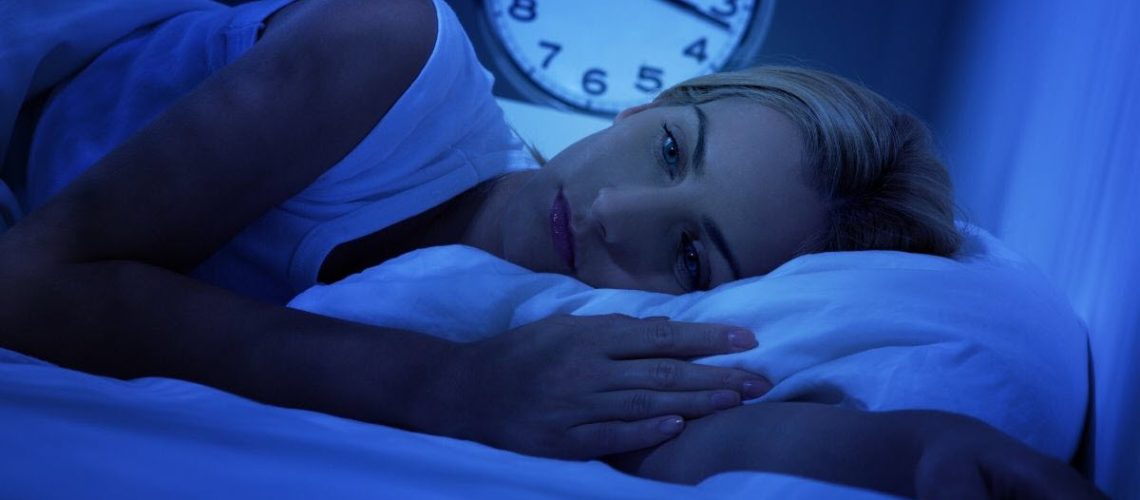According to a variety of sources, the major causes of lack of sleep or insomnia are stress, lifestyle habits, and mental health disorders. Whether anxiety or a sleep disorder, these conditions keep our body and mind active at times when they shouldn’t be.
Perhaps you’ve seen doctors and therapists, and taken multiple sleep aids, but your sleeping pattern hasn’t improved. If this speaks to you, you’re in the right place.
In this post, we’ll talk about how acupuncture techniques can reset your sleep rhythm and potentially help overcome your sleep disturbances. This ancient form of healing can do wonders not just for your sleep but for your overall health and quality of living.
What’s Actually Happening When You Can’t Sleep?
Let’s get real about insomnia for a second.
It’s not just about being tired. When you can’t sleep properly, your entire world gets turned upside down. Your immune system tanks. Your mood becomes unpredictable. Focus? What focus?
Sleep disturbances come in different flavours. Maybe you can’t fall asleep (hello, racing thoughts). Maybe you wake up multiple times throughout the night. Or perhaps you wake up at 5 a.m. feeling like you got hit by a truck.
The thing is, your body wants to sleep. It’s literally designed for it. So when it’s not happening naturally, something’s blocking the process.
How Acupuncture Actually Works for Sleep
Here’s where it gets interesting. Acupuncture isn’t just about sticking needles in random places and hoping for the best. There’s actual science behind this.
When those super-thin needles hit specific points in your body, they trigger your nervous system. The process stimulates the release of endorphins and other feel-good chemicals. Think of it like hitting the reset button on your stress response.
Your body’s natural sleep-wake cycles are controlled by hormones like melatonin and cortisol. When these hormones get out of sync (thanks, modern life), your sleep suffers. Acupuncture helps regulate these hormones, bringing them back into balance.
Research shows that acupuncture can increase melatonin production, as well as reduce cortisol levels. That’s huge, because elevated cortisol is basically the enemy of good sleep. High cortisol equals being wired and tired.
Where the Magic Happens
Traditional Chinese Medicine identifies specific acupuncture points that directly impact sleep quality. These aren’t random spots. They’re based on thousands of years of observation and practice.
One of the most effective points is called Yintang, located right between your eyebrows. This point is known for calming the mind and reducing anxiety, perfect for those nights when your brain won’t shut up.
Another key point is Shenmen, found in your ear. This one’s particularly good for emotional regulation and stress relief. If you’re the type who lies awake replaying every awkward conversation from the day, this point might be your new best friend.
Then there’s Baihui at the top of your head. It helps with mental clarity and can reduce the kind of mental fog that keeps you tossing and turning.
What to Expect During Treatment
First acupuncture session for sleep issues? Let’s walk through what actually happens.
1. Your first session starts with questions: Expect your acupuncturist to ask about your sleep habits, stress levels, and nighttime routines. These details help tailor the treatment to your specific sleep issues.
2. The questions aren’t small talk: Questions help determine which acupuncture points to target and which techniques to use.
3. The needles are nothing to fear: The needles are hair-thin, not like vaccine syringes. Most people feel little to no pain, although there may be a slight pinch or tingling.
4. You’ll rest for 20 to 30 minutes: Once the needles are in place, you’ll lie still. Many people feel deeply relaxed, and it’s common to fall asleep during the session.
5. Don’t expect instant results: Acupuncture is cumulative. It’s more like building a habit than taking a sleeping pill.
6. Some feel better after one session: For most, it takes 4 to 6 treatments to see significant improvement, but for others, it could take just one.
7. Weekly sessions work best: Consistency matters. Weekly treatments for 6 to 8 weeks are often recommended to get your body into a rhythm.
8. You may shift to maintenance visits: After the initial phase, your practitioner might suggest follow-up sessions every few weeks or monthly.
9. Think of it like the gym: Results come with repetition. Acupuncture builds over time to help retrain your nervous system for better sleep
Is Acupuncture Right for Your Sleep Issues?
Acupuncture can be particularly helpful if your insomnia is related to stress, anxiety, or pain. If you’re dealing with racing thoughts, muscle tension, or emotional overwhelm, this approach might be exactly what you need.
It’s also a great option if you want to avoid sleep medications or if you’ve tried other approaches without success. Many people find it works well alongside other treatments like therapy or lifestyle changes.
If you’re tired of being tired, it might be time to try something different. Acupuncture offers a natural, science-backed approach to better sleep without the side effects of medications.
The path to better sleep doesn’t have to be complicated. Sometimes, ancient solutions are exactly what our modern lives need.
Ready to give it a try? Book an appointment at Calgary Integrative Medicine and start your journey toward better sleep tonight.



